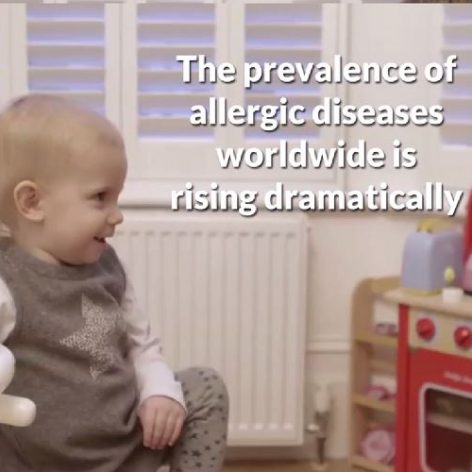Title: Diversity of Human Milk Oligosaccharides and Effects on Early Life Immune Development
| Authors: | Veronica Ayechu-Muruzabal, Arthur H. van Stigt, Marko Mank, Linette E. M. Willemsen, Bernd Stahl, Johan Garssen, Belinda van't Land |
| Published: | September 10, 2018 |
| Journal: | Front. Pediatr. |
This review describes one of the well-known features of human milk, which is the capacity to protect against neonatal infections. In addition, human milk is known to influence the onset of allergic and metabolic disease manifestations1Ayechu-Muruzabal V, van S, Mank M del, et al. Diversity of Human Milk Oligosaccharides and Effects on Early Life Immune Development. Front Pediatr. Published on 2018;6:239
In order to understand the role of early life nutrition and its impact on immune development both in vitro as well as in vivo studies have been described. HMOS seems to be involved in the regulation of mucosal immune and barrier function in multiple ways. Irrespective of the mechanism by which specific HMOS structures can provide protection toward certain pathogens, further investigation into the components of human milk and their roles in providing protection to infants is required. In addition, an extensive description and analysis of single HMOS contributing to the diversity provided during breastfeeding is discussed with specific emphasis on immune development and the susceptibility to neonatal and childhood infections.
Both by preventing pathogen replication, promoting growth of healthy microbial diversity, inducing intestinal mucosa maturation and by modulation of immune cells as well as pathogen recognition receptors.
View References
| 1 | Ayechu-Muruzabal V, van S, Mank M del, et al. Diversity of Human Milk Oligosaccharides and Effects on Early Life Immune Development. Front Pediatr. Published on 2018;6:239 |
|---|

